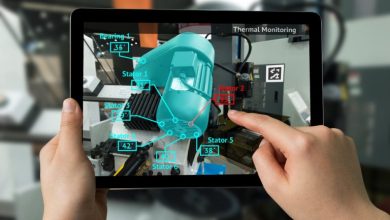Importance of Mathematics and Science in Engineering

The word engineering is derived from the Latin word “ingenerate”, which means “to create”. Engineering is a science where the forces of nature are transformed for the utility of mankind. Natural forces and mathematical analysis are combined for the benefit of the people.
Science and mathematics are integral parts of engineering. Science teaches us about the laws of the natural world and mathematics helps us establish relationships between different quantities. If you are planning to study engineering at the university level then both subjects are of paramount importance. While in school, you should build a very strong understanding of science and maths as these are the foundations on which your studies will be based.
From the elementary level, awareness of science, technology, engineering, and mathematics (STEM) fields is included in the school curriculum. In addition to studying these subjects, students are exposed to the scope and scope of STEM courses. As students move to the secondary level, they must study these subjects rigorously to prepare for engineering courses.
If you are considering engineering as an option after school, you should be prepared to tackle maths and science in most of the subjects that are part of the engineering curriculum. Students planning to make a career in engineering should ensure that they study science and maths in class 11th and 12th in school. Both subjects are crucial when you would start preparing for any of the major engineering entrance exams like JEE Main, JEE Advanced, BITSAT, and VITEEE.
Exam pattern of engineering entrance exams
The exam pattern remains the same for most engineering exams – you’ll need to be proficient in chemistry, physics, and maths. The prescribed syllabus for most of the engineering entrance exams is also quite similar and focuses on testing your basic concepts and understanding of these subjects. Your knowledge of thermodynamics and chemical kinetics in chemistry, the mechanics of solids and liquids, and gravity in physics, and your ability to solve calculus problems and algebraic equations in mathematics Your ability to study engineering for your higher education after school There are indicators of your competency.
Topics covered in an engineering program
A typical curriculum for mechanical engineering typically includes the following:
- Linear algebra
- Calculus
- Differential equations
- Numerical method
- Probability and stats
- Fluid dynamics
- Theory of machines
- Thermodynamics
- Reciprocating Air Compressor
- Steam Engineering
These are some of the subjects that can be included in the syllabus of engineering courses. But it will probably be enough to give you a glimpse of what engineering studies can be like.
Engineering is about applying science and maths practically to solve the problems we face in our daily life. Make sure you enjoy these subjects and have the ability to study them if you are planning to do engineering.
Apart from this, you can also do a course in Aircraft Maintenance Engineering. It provides information on the development, testing, design, manufacture, maintenance, and operation of aircraft, military aircraft, space aircraft, missiles, satellites, etc.
Hope you liked this article and now you have understood well about these things. If you also want to do this course, then choose a suitable college for it.




